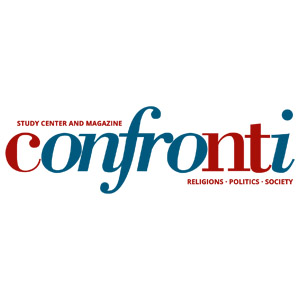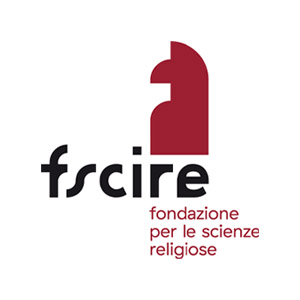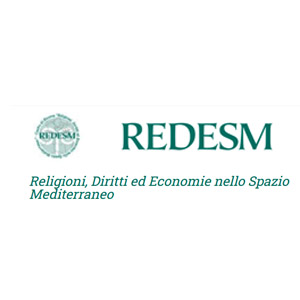Greece
RELIGIOUS MINORITIES IN GREECE
Minority religious rights limitations may likely stem from understandings that the Greek Constitution legitimizes a preservation of Christian Orthodoxy as the “prevailing” faith.
Article 13 of the Constitution indicates that freedom of religious conscience is inviolable; that all ‘known’ religions shall be free and their rites of worship shall be performed unhindered and under the protection of the law, except where these offend public order or the good usages; and that proselytism is prohibited. This article reveals significant limitations on religious freedom. First, the requirement that a faith be recognized by the state, following an application process, in order for it to be “known,” is problematic, as it introduces a degree of inequality among religious groups. Inequality among religious groups is conspicuous in the Greek context, and with significant legal repercussions. Three religious groups—the Orthodox Church of Greece, adherents of the Jewish faith, and the Muslim minority of Western Thrace—exist in the Greek legal framework as faith communities with public law status, and without any need for registration. Until a legislative change introduced in 2014, all other religious groups could be registered only as legal entities of private law either as associations, foundations, or charitable fundraising charities, rather than as religious groups per se. This fact limited groups’ rights to enter into contracts, own property, act as employers, and enjoy tax exemptions. Thus the 2014 law on religious legal personality falls short of resolving the inequalities among religious groups and, for many minority faith groups, it fails to offer a viable solution to their lack of legal status. Also, the outright ban on proselytism in Article 13 of the Constitution is problematic not least for the loose definition of proselytism which has contributed to rather liberal applications of the ban by national courts in the past.
Article 16 of the Constitution identifies the “development of religious conscience of youth” as an aim of national education. Religious education in the Orthodox faith is compulsory in the public education system, with exemptions available until recently only on declaration of a faith other than Orthodox Christianity. Article 16 underpinned a Greek high court decision in 2019 to remove from circulation religious education textbooks which were deemed to fail ‘to develop the religious conscience’ of students; changes to the curriculum included the removal of topics considered not relevant to the Greek Orthodox faith.
Effie Fokas
RESOURCES

Data and information concerning religious demography are provided by Todd M. Johnson and Brian J. Grim, eds., World Religion Database (Leiden/Boston: Brill, accessed August 2021).
General information on minority issues (including some references to religious or belief ones) can be found at the page devoted to Greece in Minority Rights Group International, World Directory of Minorities and Indigenous Peoples https://minorityrights.org.
The text of some legislative acts concerning freedom of religion or belief can be found at https://www.legislationline.org.
A report on the Greek legal system and government policies about freedom of religion (with some references to religious or belief minorities) is provided in U.S. Department of State – Office of International Religious Freedom, 2020 Report on International Religious Freedom: Greece, available at https://www.state.gov.
About the Greek system of law and religion, see
C. L. Papageorgiou, Religion and Law in Greece, Alphen aan den Rijn: Wolters Kluwer, 2015.
A picture of how religious diversity is managed in Greece is provided at http://grease.eui.eu and more widely by E. Gemi, The “prevailing religion” and the governance of diversity, in A. Triandafyllidou, & T. Magazzini (Eds.), Routledge Handbook on the Governance of Religious Diversity, Abingdon: Routledge, 2020, pp. 88-98.


 MENU
MENU CLOSE
CLOSE









